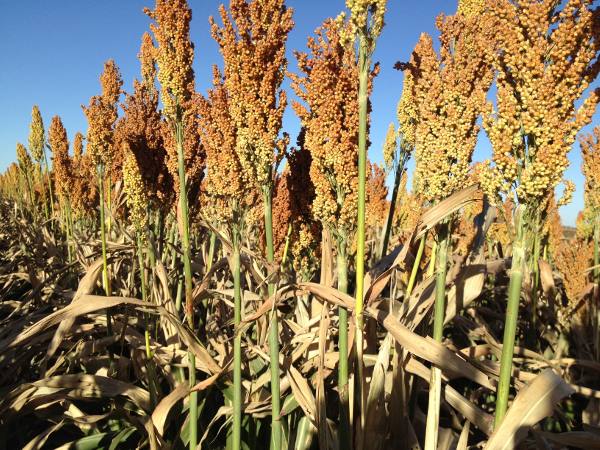
Texas farm groups responded with disappointment at the news announced today that a referendum that would have established a grain indemnity fund has failed.
With a total of 1,687 valid ballots, only 507 voted in favor of establishing the fund, which would have served as an insurance policy to protect producers from financial failure of grain elevators and other grain buyers.
The Texas Department of Agriculture (TDA) certified all the ballots and reported that 1,171 votes opposed the measure.
In 2011, the Texas Legislature passed legislation to create the Texas Grain Producer Indemnity Board (TGPIB). The Board established policies surrounding the implementation of the program, and TDA was tasked by the Legislature to conduct the referendum.
The TDA announcement said the referendum gave grain producers an “opportunity to decide, through an impartial, electoral process, whether the risk of financial loss from placing grain on storage deposit with a grain warehouse is significant enough to create an insurance indemnity program.”
“Over the years, many producers across Texas have been forced to deal with the financial pain that comes when a grain buyer fails,” said Dee Vaughan, chairman of the Texas Grain Producers Indemnity Board. “Unfortunately, Texas grain producers will continue to face this risk for at least another crop year.
To learn more about TGPIB and the proposed indemnity fund program, visit www.TexasGrainIndemnity.org.
Texas Farm Bureau presidentKenneth Dierschkealso expressed disappointment in the decision. “We are disappointed over the vote on the grain indemnity referendum. However, we are satisfied that grain farmers voiced their preference on the program, and we are prepared to move forward with this decision.”
TFB supported legislation in 2011 that established farmers’ ability to vote on the Texas Grain Indemnity Fund. If approved by a two-thirds decision, the fund would have collected an assessment on sales. Participants then could file claims with the Texas Grain Producers Indemnity Board to reclaim up to 90 percent of financial losses, in the event of a grain buyer failure.
“One note of warning—grain producers should be very careful about where and to whom they market their product,” Dierschke added. “There is very little protection in the process, and it is clear there will be very little assistance in case of losses through bankruptcy or otherwise.”
Moving forward, Texas grain farmers remain in control of an indemnity program and may choose to repeat the referendum process at a later date.
“We are proud of the work done by a host of Farm Bureau and other agricultural leaders in developing and refining the grain indemnity concept,” Dierschke said. “We continue to believe that it could be an excellent self-help tool for grain producers. The law is on the books and if, at any time in the future, producers see the need, the indemnity idea can be put to another vote.”
Farmers voted on establishing an assessment rate within a range of 0.2 percent to 0.6 percent of the final sales price of grain. The assessment would have been collected and remitted to the TGPIB effective Feb. 1, 2013 – providing coverage for producers for the 2013 crop season.
The TGPIB was established as the result of legislation passed by the 2011 Texas legislature and signed into law by the governor. Rep. Larry Phillips of Sherman and Sen. Craig Estes of Wichita Falls introduced the legislation after a series of grain buyer financial failures in recent years resulted in millions of dollars in losses to Texas grain producers.
The establishment of the grain indemnity fund would have allowed the TGPIB to award up to 90 percent of the financial losses suffered by producers of corn, sorghum, soybean and wheat when grain buyers fail to pay for grain due to a financial failure.
About the Author(s)
You May Also Like






